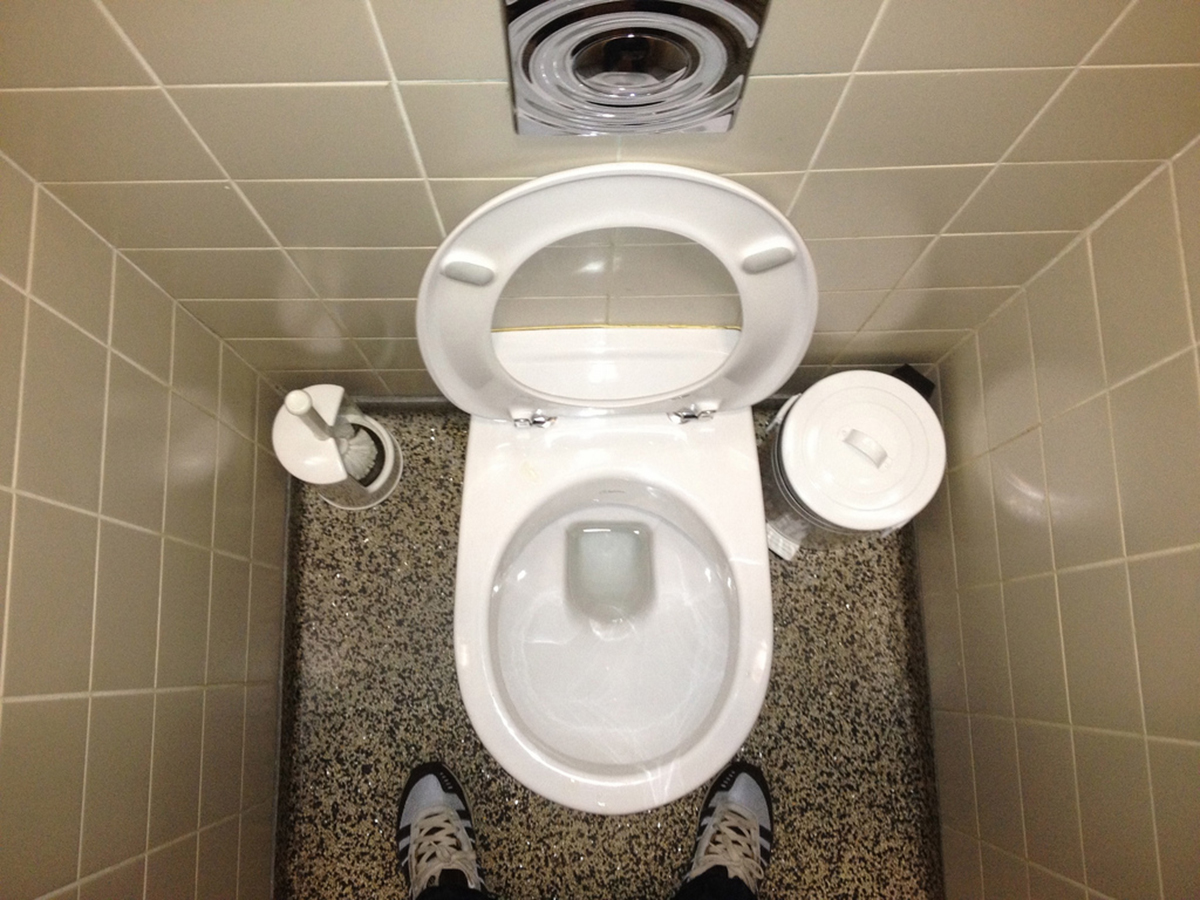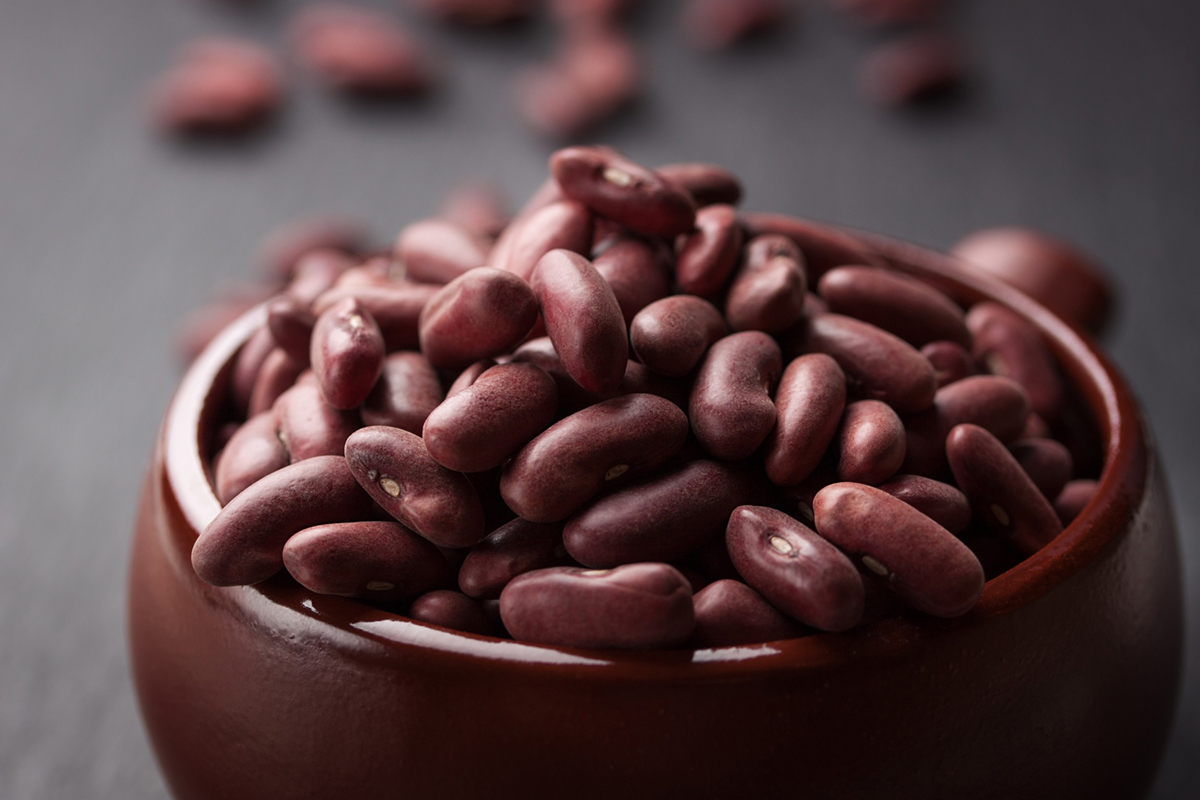Constipation is one of the most prevalent conditions in primary care settings and it can cause numerous health-related issues that can have a detrimental impact on one's health. It is already well documented that constipation increases an individual's risk of developing cardiovascular diseases and this is most probably due to effects caused by the bacteria in the gut.
Very little is known about what effects constipation could have on the health of the kidneys, and in particular whether there's an association with chronic kidney disease (CKD). Therefore, researchers at the University of Tennessee decided to conduct a clinical study to determine if they could make any relevant discoveries.

The clinical relevance of such a finding would be that healthcare practitioners would have to pay special attention to the kidney functions of patients who are struggling with constipation, if such an association does exist. Also, that would mean that physicians would have to be more aggressive with managing constipation, especially in patients with impaired renal functions.
The study
Researchers at the Memphis VA Medical Centre and the University of Tennessee's Health Science Centre analyzed information on over 3,5 million U.S. veterans with normal renal functions [estimated glomerular filtration rate (eGFR) ≥60 ml/min], who were clinically assessed in 2004 and 2006, and were followed up right through until 2013.
The mean age among the patients was 60 years of age where over 93% were men and nearly 25% were diagnosed with diabetes. The severity of the constipation in the affected patients was determined by the diagnostic codes that were used when they were examined and their laxative use. The classification of the constipation was then noted as absent, mild, or moderate/severe.
The findings
The following discoveries were made when the information from the study was evaluated:
- Patients with constipation were shown to have a 13% increased incidence of developing CKD, a 9% increased risk of developing kidney failure and a faster eGFR decline than those without constipation.
- Patients who were diagnosed with more severe cases of constipation were linked with a cumulatively increased risk for developing both kidney failure and chronic kidney disease.
Clinical significance
READ Treating Constipation: What Works, What Doesn't
Management of constipation would include the following:
- Prescribing appropriate probiotics for patients.
- Prescribing stool softening medication where indicated.
- Lifestyle modifications such as making the correct changes in the patient's diet (increasing fibre intake and avoiding refined products), suggesting starting with or increasing physically activity and quitting the use of caffeine and tobacco products.
- Educating the patient regarding appropriate bowel habits and suggesting that they should empty their bowels when their body needs to do so. In other words, not delaying to go to the bathroom as this can cause stool impaction.
- Managing any underlying causes of constipation such as celiac disease or Hirschsprung's disease.
Overview Of Chronic Kidney Disease
Chronic kidney disease (CKD) is defined as the gradual loss of kidney function over time. The function of the kidneys is to filter waste and excess fluid from the blood which is then excreted in the urine via the bladder. When one's kidney functions start to decrease, then these waste products and excess fluids build up in the body and can result in certain health related problems.

Causes of CKD
The signs and symptoms of CKD can take a long period of time to develop since this condition progresses slowly. Also, since the kidneys compensate for lost function, these signs and symptoms may not develop until irreversible damage has occurred. The signs and symptoms of CKD are also non-specific as they can be caused by other conditions, therefore physicians need to be aware of this.
READ Kidney Pain vs. Back Pain
The signs and symptoms include the following:
- Fatigue.
- Nausea.
- Vomiting.
- Generalized weakness.
- Loss of appetite
- Sleep disturbances.
- Decreased mental alertness.
- Changes in how much an individual urinates.
- Muscle cramps and twitches due to electrolyte disturbances.
- Hypertension (high blood pressure) that's difficult to keep under control.
- Swelling in the feet and ankles.
- Chest pain and shortness of breath due to fluid build-up around the heart and lungs, respectively.
- Persistent itching.
Causes of CKD
Many conditions exist that can affect and worsen kidney function over many months and years and therefore result in CKD and they include the following issues:
- Hypertension.
- Type 1 or type 2 diabetes.
- Polycystic kidney disease.
- Glomerulonephritis, an inflammatory illness of the kidney's filtering units called the glomeruli.
- Prolonged obstruction of the urinary tract due to conditions such as kidney stones, an enlarged prostate and certain cancers.
- Interstitial nephritis, an inflammatory condition of the kidney's tubules and surrounding structures.
- Vesicoureteral reflux, which is a condition that causes urine to flow back up the ureters and into the kidneys.
- Pyelonephritis, which is an infection of the kidney(s).
READ Kidneys Are The Hardest Workers In Your Body
Complications
CKD can affect nearly every part of the body and complications of this condition include the following:
- Anemia due to decreased erythropoietin by the kidneys.
- Sudden hyperkalemia (increased potassium levels) which can be life-threatening as it can affect the heart's electrical impulses.
- Fluid retention which can result in swelling of the limbs, hypertension and pulmonary oedema.
- Damage to the central central nervous system which can result in convulsions, difficulty with concentrating and personality changes.
- Cardiovascular diseases such as pericarditis which is inflammation of the tissue lining the heart (pericardium).
- Decreased immunity which makes an individual more susceptible to infections.
- Weak bones with an increased risk of bone fractures.
- Pregnancy complications that carry risks for the mother and the unborn baby.
- Decreased sex drive, erectile dysfunction or reduced fertility.
- Irreversible damage to your kidneys called end-stage kidney disease.
Management
The management of CKD involves controlling the conditions that have led to the decreased kidney function of the patient. If CKD results in end-stage kidney disease, then the management of this condition would be by starting with peritoneal or haemodialysis, or by getting the patient a kidney transplant.
- www.medicalbrief.co.za/archives/constipation-linked-poor-kidney-health/
- www.mayoclinic.org/diseases-conditions/chronic-kidney-disease/home/ovc-20207456
- Photo courtesy of dirtyboxface: www.flickr.com/photos/dirtyboxface/8801990256/
- Photo courtesy of freepik.com
- Photo courtesy of freepik.com


Your thoughts on this